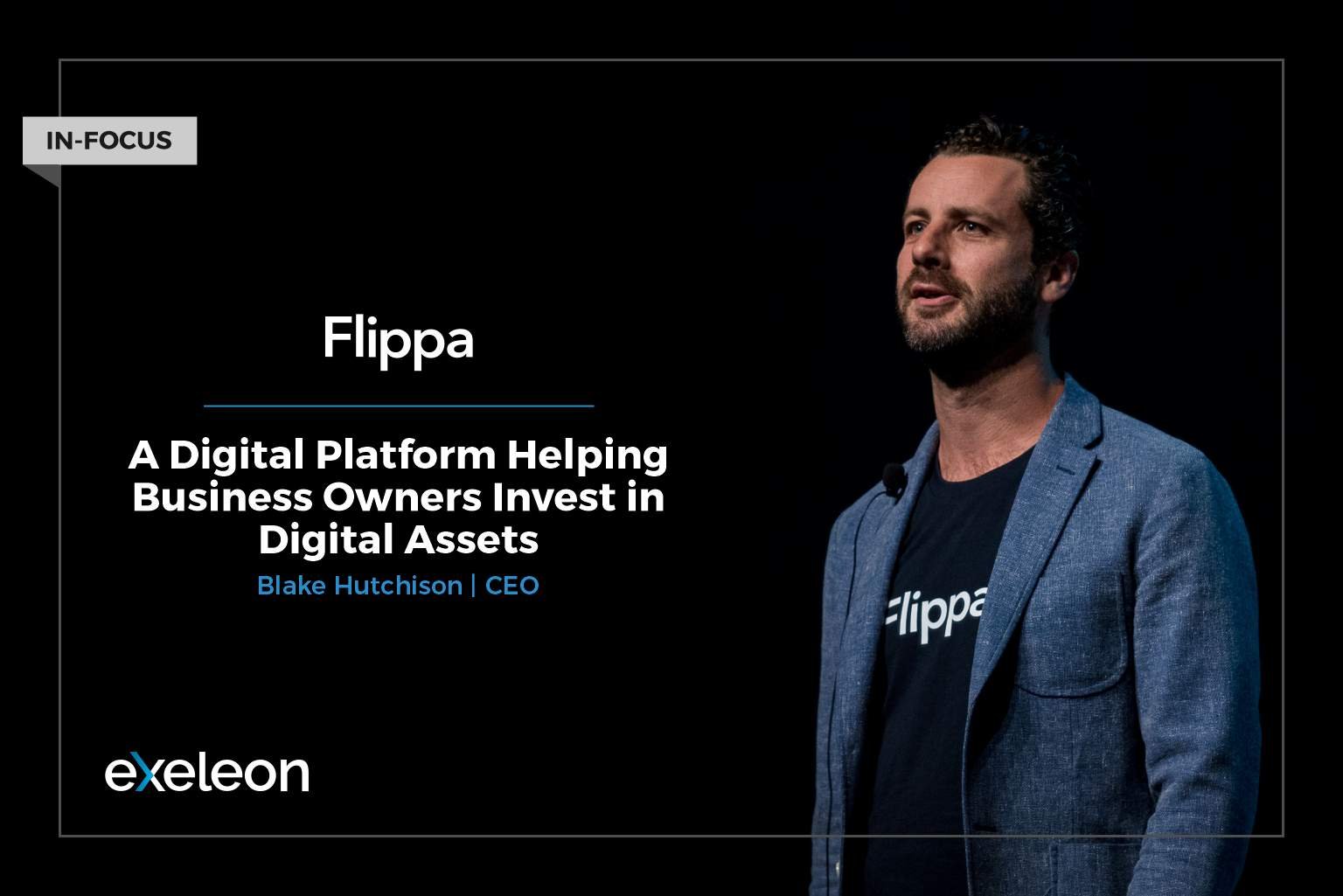
The twenty-first century transformed the way businesses interacted with the world.
A boom of computers, cell phones, internet, and technological advancements brought about an unforgettable digital revolution that shifted the technological world as we know today.
The impact of this movement on the real estate industry was as profound as any sector.
From designing, construction, marketing and sales, technological transformation found its roots in almost every part of the real estate cycle.
There was a massive change in the demand and supply sides of the real estate industry with an introduction to faster, affordable, and more reliable information distribution.
This sector was only accessible to a small influential pool of buyers and brokers and lacked a system that brought like-minded buyers and sellers to trade real estate properties.
In 2009 this elite class was disrupted and the narrative shifted when Flippa emerged as the leading marketplace in the industry for buyers and sellers to trade digital assets like content blogs, SaaS, Apps, and eCommerce businesses.
The platform is now home to entrepreneurs, side hustlers, and new-age small business owners looking to invest, build assets, and begin exciting new digital journeys.
The Disruption Saga
The platform was initially founded by Matt Mickieics and Mark Harbottle in 1999 as SitePoint, an online destination for buying and selling all things internet.
It was consistently ranked in the top 1,000 most visited sites in the world.
Over time, SitePoint’s traffic expanded as community forums grew and digital entrepreneurs started offering their sites for sale to other community members.
This rush of momentum led to the creation of SitePoint Marketplace, later turning into the launch of a new business, Flippa, in 2009.
As the number of website and e-commerce transactions grew over the years, the founders recognized the need to establish a specialized marketplace for this unrepresented group of digital entrepreneurs and small business owners.
Originally a niche marketplace, Flippa quickly became the go-to site to buy and sell businesses with vetted, secure valuation processes.
Users are able to obtain a free, accurate valuation with Flippa before they list their asset for sale on the platform.
The peer-to-peer platform allows users to interact with each other and communicate directly with buyers and sellers. This allows users to control the sale, meet buyers, and negotiate 1:1.
“By removing the broker from the middle and enabling peer-to-peer transactions on its platform, Flippa democratized access to selling and buying online businesses. We empower individuals and companies to take control, to take ownership, and thrive in this new small business economy to either supplement their income, acquire their next job, or invest,” says Blake Hutchison, CEO of Flippa.

Forming Industry Roots
Naturally, keeping up with the demands of a growing business had some challenges.
To create a safe, efficient process for asset trading, Flippa provides buyers and sellers with services like ID verification, escrow, legal advice, contract templates, and verified data integrations.
Users are able to gain reports that will provide insight on asset high-risk levels, traffic information from website and social platforms that will provide the buyer with tangible numbers on organic searches, paid traffic, and more.
Sellers are also able to obtain track record information on an asset’s revenue from the past 12 months.
The company’s recent partnership with Yardline helps eCommerce sellers thrive in the marketplace economy by using growth capital and gives buyers the confidence and security to invest in digital assets with acquisition funding of up to $1 million.
Additionally, Flippa’s partnership with Contract Counsel connects buyers and sellers with an experienced, vetted, qualified lawyer who assists with safe and secure acquisitions or disposal of a business asset.
Today, Flippa has the greatest number of worldwide purchasers, with over 30,000 new buyers joining the platform every month.
More companies have been purchased and sold on the platform than any other marketplace, with various assets and price ranges to suit the needs of a diverse pool of business owners and entrepreneurs.
Today, the platform has over 300,000 registered buyers and has sold over 38,905 digital assets worldwide.
Apart from building trust amongst buyers and sellers with product enhancements and integrations, it’s no surprise that Flippa is the #1 marketplace for buyers and sellers to trade digital assets.
A Diverse Team
Flippa promotes a ‘Think, Say, Plan, Do’ culture.
Based in Melbourne and Austin, the Flippa has attracted a wide range of talent across the globe, ranging from New Zealand to Jamaica.
As the demands of the digital landscape continues to increase, the company is constantly expanding its team with innovative thinkers.
Flippa’s team is driven by people who have a unified passion and vision to offer every aspiring entrepreneur a chance to own their future and every business owner a clear route to exit.
Ideas for new product enhancements and services are constantly emerging and the team has a responsive 24/7 customer support capacity that serves its linguistically diverse clientele.
A Way Out
For Flippa, the future is nothing short of an open ocean.
With the online landscape continuously evolving, digital business owners are constantly finding ways to optimize the way they do business and interact with their consumers.
Blake strongly believes that the online economy will continue to grow uninterrupted and the increasing number of consumers turning to online businesses will create an opportunity for digital entrepreneurs to capitalize on this trend.
This upward trend will pave new opportunities to recruit new talent across the globe, introduce new asset kinds, and service worldwide markets.
Although the pandemic brought about an unprecedented shock, a shift in the digital landscape resulted in entrepreneurs flocking online, creating new online businesses, and purchasing digital assets.
Blake sees the silver lining for digital entrepreneurs: the rapid increase of migration toward the digital arena will allow people to take control of their financial goals and become the driving force of their future.









